Chicago can become a model for reforming public health
What is needed is a rock-solid moral and financial commitment by elected officials in Illinois to continue to support public health. That includes pre- and post-natal care.
I was pleasantly surprised by a Chicago Med episode earlier this year that highlighted #FamilyConnectsChi, a program that was piloted at Rush Medical Center. The scene opens with an indignant physician demanding funding for this program, which provides home visits for mothers and babies during the critical first six weeks postpartum.
Maternal mortality in Illinois emerged as a serious concern in 2018, with the inaugural release of the Illinois Department of Public Health (IDPH) Maternal Morbidity and Mortality Report.
Even though I am a maternal-child and community health specialist, I was astounded by the statewide trends in maternal and pregnancy-related deaths. Non-Hispanic Black women experienced six times the risk of death compared to their white counterparts. Even accounting for chronic health conditions like obesity, nearly three in four pregnancy-related deaths (72%) were deemed preventable. In an updated report in 2021, four in five pregnancy-related deaths (80%) were deemed preventable.
To address the problems, IDPH recommendations included expanding home visiting programs, especially early in the postpartum period, which led to the adoption of the Family Connects International program in Chicago.
Home visiting has been proven to be effective for nearly half a century, with significant benefits to the health and lives of first-time moms and their children who are affected by social and economic inequality. The return on investment is significant: For every dollar spent on these efforts, at least $2 are saved on future spending.
The adoption of home visiting programs could be a powerful model for other preventative efforts — for example, programs to address chronic health issues like diabetes, heart disease, etc. — that could improve public health overall.
To be sure, this is not news. But better access to primary health care would improve health outcomes for cardiovascular disease, the No. 1 killer of people in this country, and the myriad other health conditions that plague our country. As many of these deaths arising from these conditions are preventable, we must ask: Why are we not committed to preventing them?
The answer? Money. Chicago Public Health Commissioner Dr. Allison Arwady stresses the need for a “more sensible, sustainable approach to promoting and protecting the nation’s health.”
Yet our public health infrastructure is chronically underfunded. We all witnessed the outcome during the COVID-19 pandemic. People without access to care, and those with chronic health conditions, fared the worst.
The federal government’s emergency pandemic funding was a vital Band-Aid but ultimately represents a reactionary, stop-gap approach.
What is needed instead is a rock-solid moral and financial commitment by elected officials in Illinois to continue to support public health efforts, including monitoring and prevention of infectious and chronic diseases, pre- and post-natal care, and the promotion of behavioral health.
Health in all policies
COVID-19 showed us our communities’ best and worst. For clinicians dedicated to public health, the pandemic provided an urgent and unique opportunity to put infrastructure into place to address the health needs of the general population.
I’m proud Illinois is leading the way. In December 2022, Illinois was the first to be awarded $86 million in Centers for Disease Control and Prevention funding for public health infrastructure, with an additional $28 million awarded to the Chicago Department of Public Health (CDPH). This award will support ongoing programs, including Family Connects, and address health disparities.
As Chicago awaits a new mayoral administration, it is imperative this issue rises to the top of the political agenda. We have an extraordinary opportunity to build on our collective experience and advocate for the development of Health in All Policies (HiAP), to integrate health considerations into all of our policymaking.
We’d frankly be foolish to squander the opportunity to support a healthier city and become a model for the nation.
Yasmin Cavenagh, DNP, MPH, RN, is an assistant professor in the department of Women, Children and Family Nursing at Rush University and holds a faculty practice role in Family Connects. Cavenagh is a Public Voices Fellow of The OpEd Project.







 SENIOR CONTRACTS OFFICER
SENIOR CONTRACTS OFFICER IMPLEMENTATION SPECIALIST
IMPLEMENTATION SPECIALIST


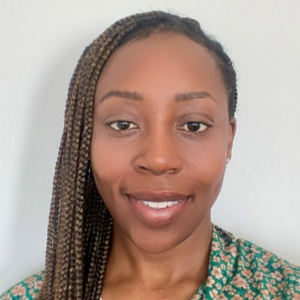



 SENIOR INTERNAL OPERATIONS MANAGER
SENIOR INTERNAL OPERATIONS MANAGER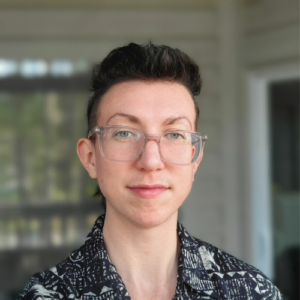
 MARKETING AND COMMUNICATION SPECIALIST
MARKETING AND COMMUNICATION SPECIALIST
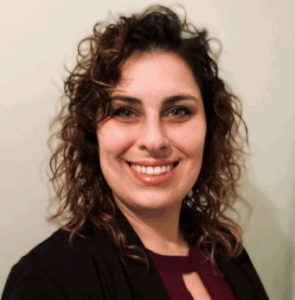 FINANCE AND HR SPECIALIST
FINANCE AND HR SPECIALIST ANALYTICS SPECIALIST
ANALYTICS SPECIALIST

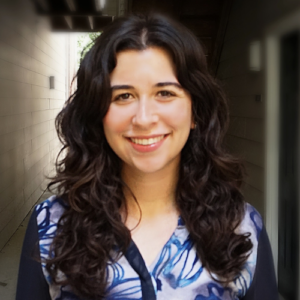 TEAM LEAD, ADVANCED IMPLEMENTATION SPECIALIST
TEAM LEAD, ADVANCED IMPLEMENTATION SPECIALIST






 COMMITTEE MEMBER, FOUNDER
COMMITTEE MEMBER, FOUNDER

 COMMITTEE MEMBER, FOUNDER
COMMITTEE MEMBER, FOUNDER COMMITTEE MEMBER
COMMITTEE MEMBER
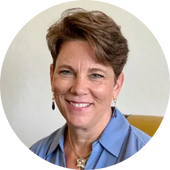
 DIRECTOR
DIRECTOR DIRECTOR
DIRECTOR DIRECTOR
DIRECTOR VICE CHAIR
VICE CHAIR
 TREASURER
TREASURER